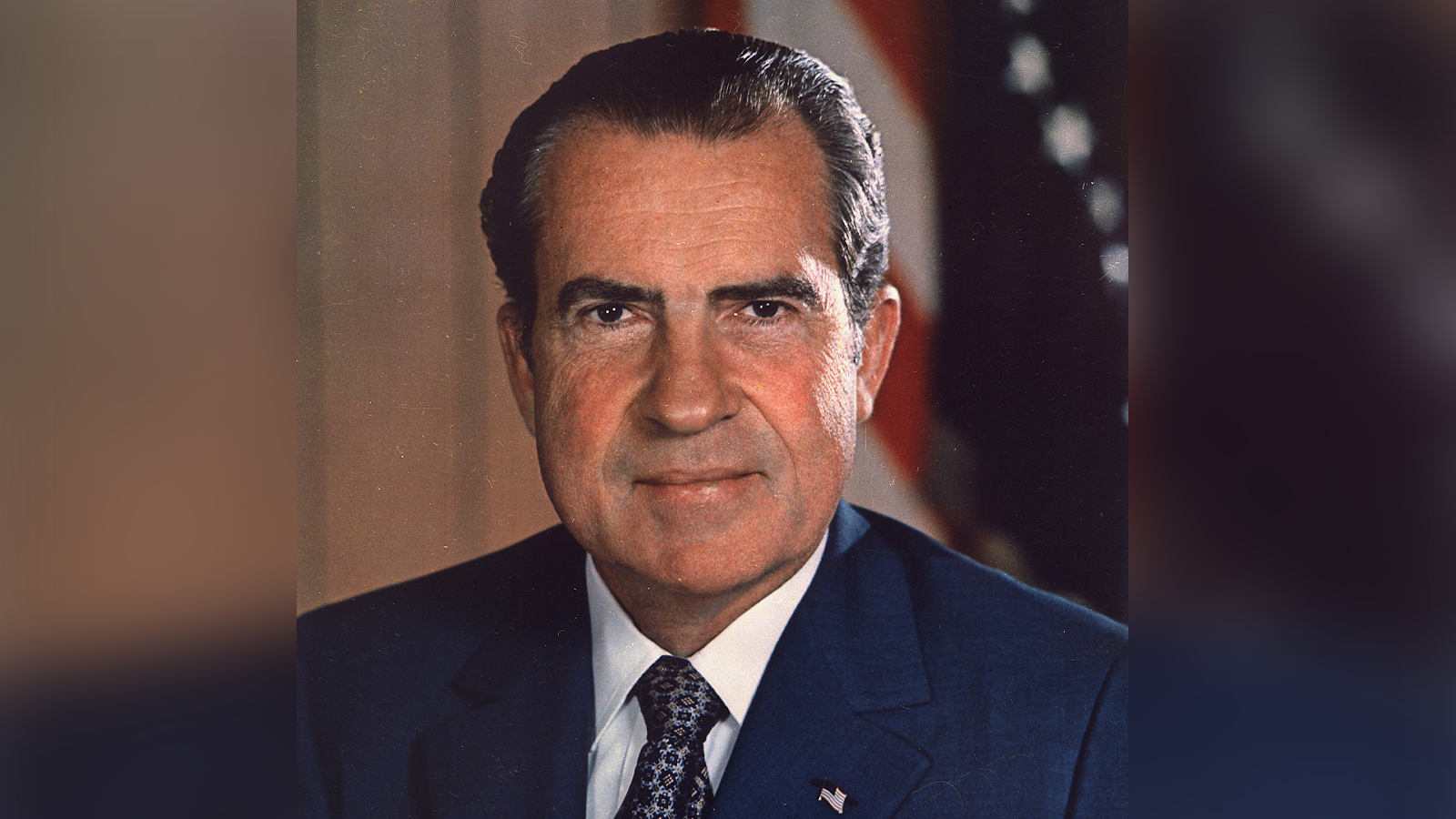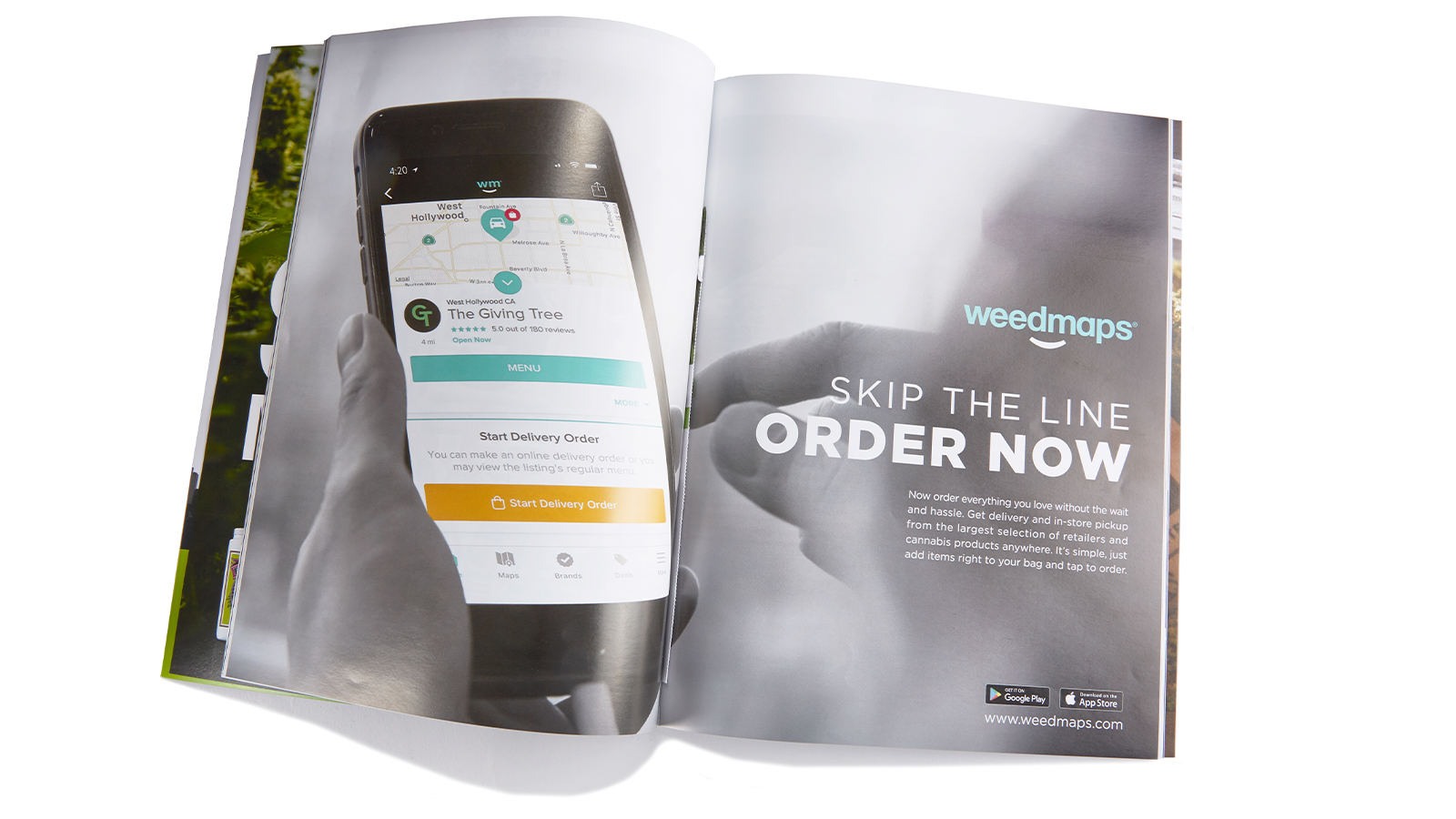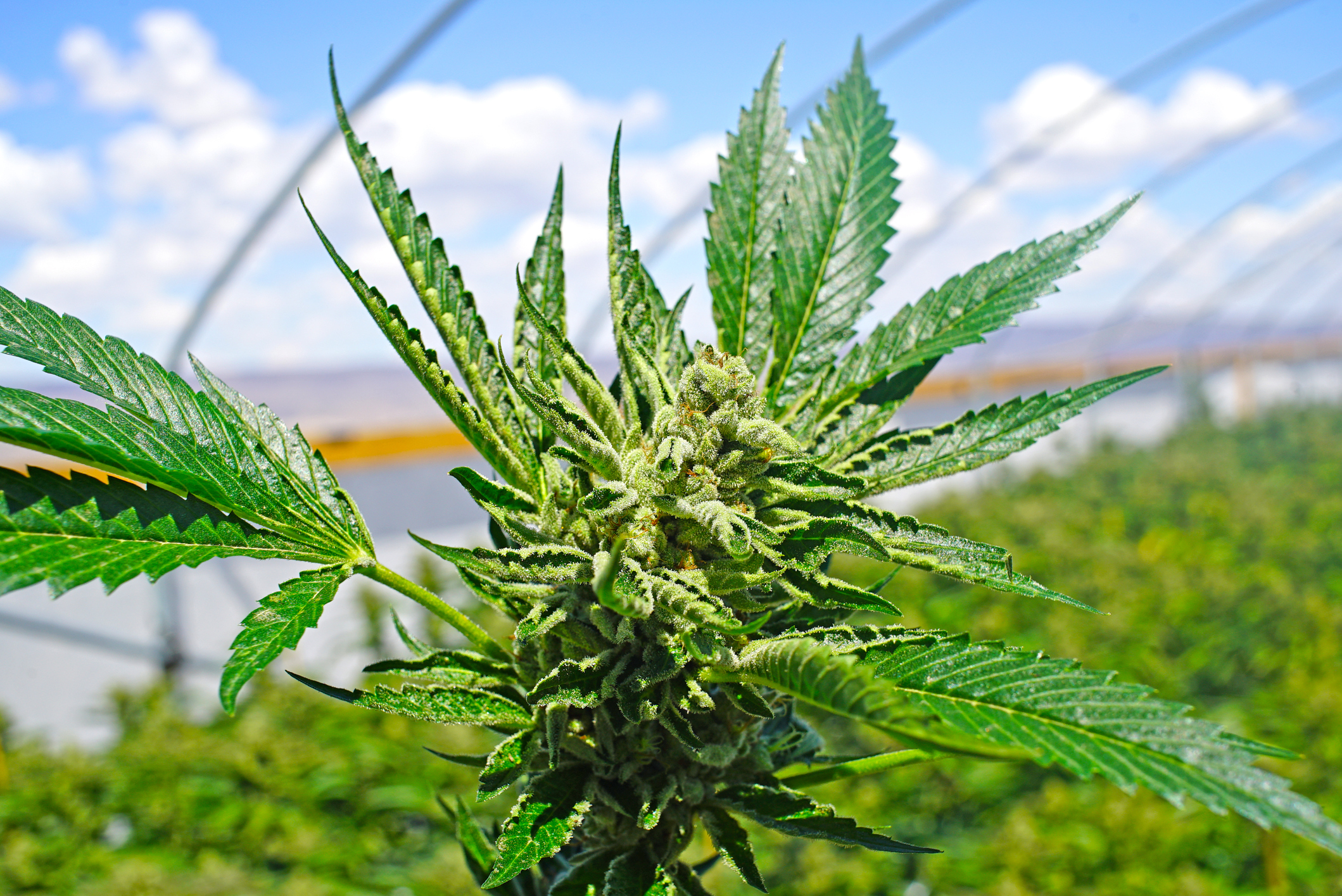It’s apropos that the legislation responsible for dramatically changing the legal, medical, and cultural standing of marijuana would be numbered 420 — but, really, it couldn’t have been numbered anything else.
Democratic U.S. Rep. Earl Blumenauer of Oregon introduced the Regulate Marijuana Like Alcohol Act in the House on Jan. 9, 2019. The appropriately designated HR 420 bill aims to remove cannabis from the Controlled Substances Act and shift regulation to the Bureau of Alcohol, Tobacco, Firearms and Explosives (ATF).
In a press release, Blumenauer admitted the bill number was “a bit tongue in cheek,” but called the matter of federally legalizing marijuana “very serious.” He went on to call the current federal marijuana laws outdated and referred to the negative impact of cannabis prohibition.
Weedmaps News analyzed the four main points from the newly introduced legislation before Speaker of the House Nancy Pelosi refers it to committee. Note: The bill outlines the goals of the regulations, but doesn’t provide specific details with regards to the processes and definitions of how the regulations would be enforced. Those will be determined after HR 420 is amended and whether the bill survives votes.
1. Removing Marijuana From the Controlled Substances Act

President Richard Nixon signed the Comprehensive Drug Abuse Prevention and Control Act of 1970, which placed cannabis in the Controlled Substances Act’s most restrictive category, Schedule I. Marijuana was deemed to have no medical benefit and a high chance of abuse.
The first order of the bill seeks to decriminalize cannabis at the federal level by removing it from Schedule I of the Controlled Substances Act. Schedule I drugs are considered to have no medicinal benefit and a high potential for abuse. Cannabis was classified under Schedule I in 1970 during President Richard Nixon’s administration.
By descheduling, this would greatly open up the opportunity for cannabis research, funding, and support from banks so that retail cannabis is no longer a cash-only business. It could potentially open up cross-border transport and sales of cannabis between states as well.
The bill also asks for the prohibition of the import and export of cannabis to be removed.
2. Penalties for Violations
Business that are engaged in the illegal cultivation, importation, exportation, warehousing, and sale of cannabis without a permit issued by the Treasury secretary may be subject to a fine of up to $1,000.
The Treasury secretary would also be responsible for determining whether legal action should be taken by the Attorney General.
3. Disqualifying Offenses
Applicants for a marijuana permit could be denied by the Treasury Department if they have been federally convicted of a cannabis-related felony within five years before the date of the application, or have been convicted of a misdemeanor under federal law within three years before the date of the application.
Offenses relating to conduct that was legal under state law, or those no longer illegal at the state level at the time of the application, will not be considered as disqualifying offenses for a permit.
4. Advertising Practices

A Weedmaps advertisement appears in a magazine. HR 420 would regulate how marijuana could be advertised. Advertisers cannot make deceptive claims or disparage competitors. Consumers would be entitled to receive detailed information about the marijuana products being advertised.
With consumer protection in mind, the bill prohibits any type of advertising that would be considered deceptive. This includes making statements that are inconsistent with the labeling on the products or making derogatory comments about a competitor’s products.
The bill also dictates that consumers should receive information regarding the identity, quality, and characteristics of the products. Additionally, the person responsible for the advertisement must be adequately provided to the consumer. The definition of “identity” has not been finalized yet, nor is it known whether the definition of “person responsible” is the individual or firm behind the advertisement.
Publishers and broadcasters who are not involved in the importing, cultivating, producing, manufacturing, packaging, or warehousing of marijuana are not bound by these advertising regulations.
Jessica Brown
Jessica Brown is a cannabis enthusiast with over 20 years of knowledge and appreciation that continues to grow. Through her background in psychology and creative writing, Jessica explores the worlds of cannabis, sex, and mental health. When she’s not in front of her computer or food, you can easily find her hiking up a mountain or snowboarding down one.















